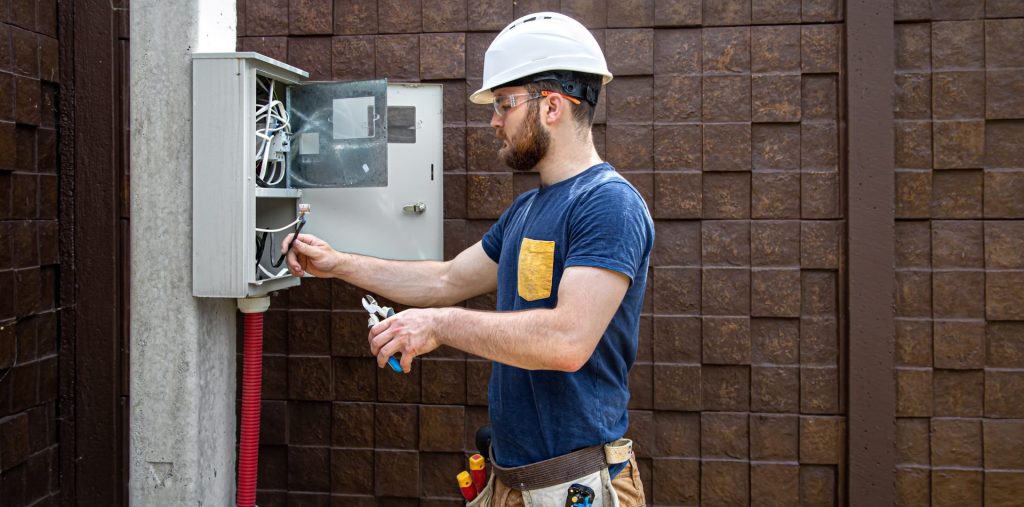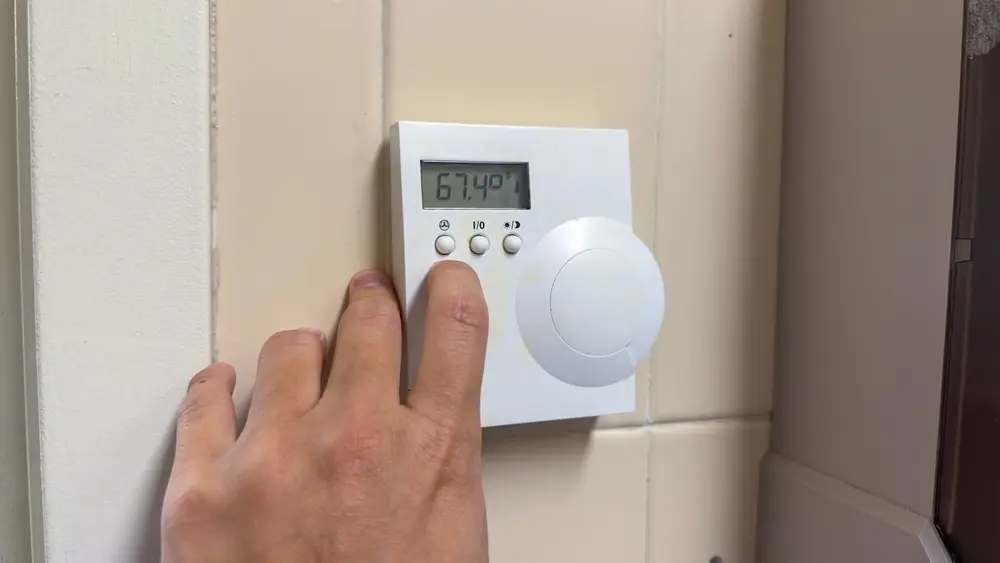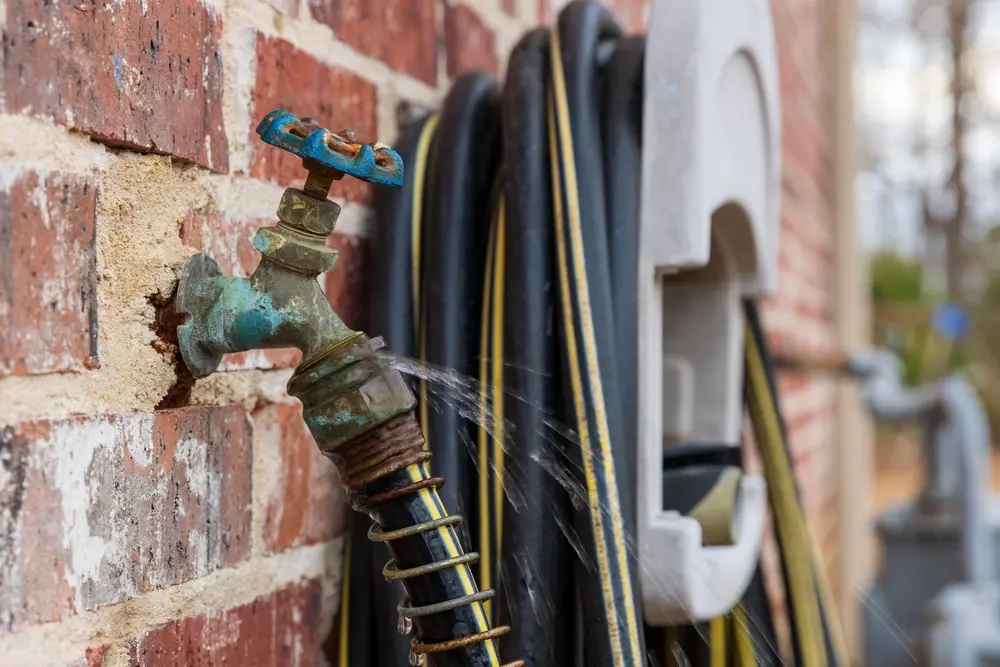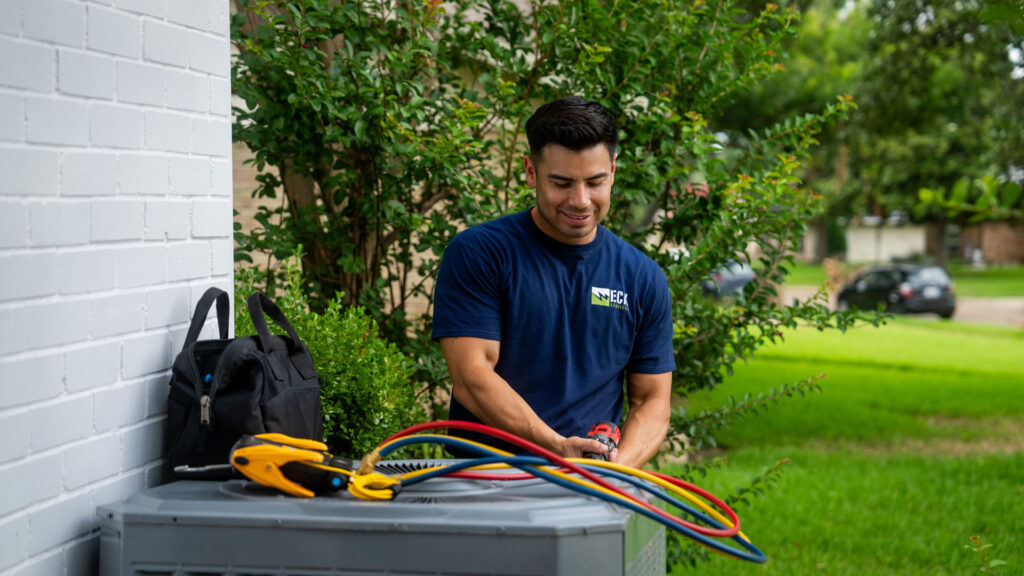Blog
What Does It Typically Cost to Rewire a Home?

How Is the Cost of a Whole House Rewire Calculated?
The cost of completely rewiring your Pratt, Kansas home could range in the hundreds or thousands of dollars. Estimates for these projects vary significantly based on a number of key factors. However, the most important thing to know about these jobs is that when they're necessary, they're always well worth the cost. Entire house rewires can be essential for preventing electrical fires, updating older homes to accommodate modern appliances, and protecting property investments. Following is everything you need to know about how rewiring costs are calculated.
The Benefits of Rewiring Your Home
There are countless reasons to rewire your home. For instance, if you have an older property, you may have wiring that's marked with a distinctive "AL" tag for aluminum. Aluminum wiring was considered a much more cost-effective replacement for copper wiring in the 1960s. However, it is now recognized as a major safety hazard. In this instance, updating your aluminum wiring is one of the best things that you can do to protect your home. Aluminum wire updates are incredibly common among property flippers who've snapped up older, charming houses and want to make them ready for savvy, modern buyers.
For most homeowners, these jobs are done out of a need to prevent electrical fires. If there are slightly sweet, burnt orders coming out of your outlets, you're definitely on deck for a whole house rewire. This is also true if you hear buzzing sounds coming from your outlets or from behind your walls. Another sign is if you have loose, ill-fitting outlets that spark when anything is plugged in or unplugged.
Another common reason to rewire a home is to streamline its electrical system to suit increasingly high electrical demands. Older buildings aren't built to support multiple computers, smart TVs, wireless routers, and other personal devices and appliances. Most can't even accommodate the demands of modern washing machines, dryers, air conditioners, or refrigerators without tripping their breakers.
Sometimes rewiring projects are as simple as replacing over-fused electrical panels, adding additional panels, or replacing aging outlets. Simple projects like these don't generally take a lot of time or cost a lot of money, but they can both solve and prevent a host of electrical problems.
The Accessibility of Your Wiring
If you live in an older, historic home, there are a number of problems that electricians might encounter during a whole house rewire. While much of your wiring might be easy to access, some could be hidden behind thick layers of plaster, brick walls, double-brick walls, or other structures or surfaces that are all but impossible to get behind. Severely aged and damaged wiring might be easy to access, but it could prove difficult to remove. These are things that electricians account for when setting their job estimates.
Your Project Goals
An electrical rewiring project can mean many different things. For some homes, the only work that's wanted or needed is the replacement of all outlets. Projects like these tend to cost the least given that they entail minimal labor, risk, materials, and time. In other homes, rewiring is exactly what its name implies. These jobs entail opening walls and rerunning all wires. As a result, their total cost includes charges for:
- Drywall entry
- Removing existing wires
- Putting new wires in
- Replacing drywall
- Painting and other finish work
When people want their entire homes rewired rather than solely having their outlets replaced, they often want to have their electrical panels upgraded as well. Electrical panel upgrades are increasingly popular and important. You need to consider the dramatic rise in the number of personal devices that each building resident uses to understand why this is true. To complete a home's brand-new electrical system, it may even be wise to have a few new electrical outlets added. This way, no one is without a place to plug in their phone or laptop charger.
The Size of Your Home and the Complexity of Its Layout
The cost of whole house rewiring projects is largely based on the size of the individual home. In fact, some companies issue their estimates based on square footage alone. However, if you have a very large home with an open layout, you'll probably pay less to rewire the entire building than you would if you had a smaller home with numerous rooms, levels, and unique structural features.
Using square footage as a gauge for pricing is one way for electricians to account for the amount of time that their work will entail. Accounting for the complexity of building structures works much the same, but it also considers the additional risks that are taken when pulling and replacing wires that are in unsafe or difficult-to-reach areas.
The Materials Used
Electrical wiring projects entail more than labor alone. Panel boxes, outlets, and wires come at a cost. Although many of these things have standardized features, they can have very different attributes. If you're interested in saving cash, you can ask your electrician to base your quote on their standard material offerings. If your goal is to add value to your property, enjoy greater convenience, and acquire a flexible, scalable electrical system that's long-lasting, you might want to consider some of the available upgrades.
In smart homes, electrical rewiring projects are both more complex and costly. The minimum requirements for materials that support smart homes can significantly increase job estimates. However, the best electricians will always take the time to help you explore your options so that you can make your own informed decisions.
How to Make Your Whole House Rewire More Affordable
If you're faced with the daunting task of having your entire house completely rewired, there are ways to make this project a financially manageable one. To start, you should definitely request a quote as soon as possible. This will give you a better idea of your likely project cost and a basis for building your budget. It will also give you the chance to learn more about your options in project materials and labor specifications.
Then, you can consider the benefits of breaking your entire project down into smaller and more feasible increments. Although it's often best to get everything done at once, certain jobs can be completed in stages without compromising the integrity of electrical systems or overall project outcomes. In fact, many whole house rewires are already completed in two distinct phases, albeit in rapid succession. For instance, many electricians complete all behind-wall wire removal and replacement. They then return to replace all panel boxes, outlets, and lighting fixtures. You may be able to have these two stages staggered significantly further apart to better account for your budget. You can also ask your electrician to give you a quote for all urgent, essential work first, and then take care of your preferred electrical upgrades on a schedule that's right for you.
At Eck Services, we've been proudly serving residents of Pratt, Wichita, and Kingman, Kansas for many years. We provide heating, cooling, plumbing, and electrical services. We also offer advanced indoor air quality solutions. If you want to find out more about having your home rewired or if you need a quote, contact Eck Services today!




